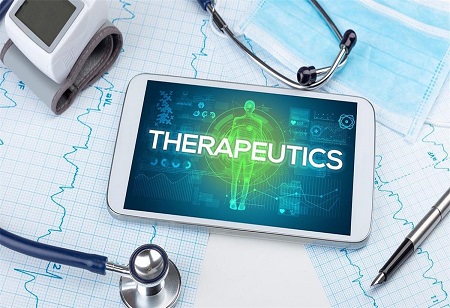We are rapidly transitioning into an era where software platforms will be treating millions of patients, - thanks to the huge advancements in digital health innovation. The usage of technology like mobile applications, artificial intelligence, and virtual reality has increased as a result of the digital transformation of the healthcare industry. Since traditional healthcare cannot adequately fulfil contemporary expectations and socioeconomic needs, digital solutions are growing in popularity.High-quality software programmes called
digital therapeutics (DTx) provide evidence-based therapeutic interventions to prevent, manage, or treat medical conditions or diseases. Up until 2030, the
digital therapeutics market is expected to grow at a CAGR of 26.1%. They have advanced considerably, receiving many FDA clearances, conducting clinical study after clinical trial, and investing 79% more than they did in 2020.Companies that specialize in digital therapeutics are changing the way
healthcare is delivered and spreading their influence across many stages of the patient journey. Some of the digital devices and technologies that are leveraged by digital therapeutics include:
Mobile Health
Mobile digital therapies provide individualized DTx interventions that watch, comprehend, and coach people in their everyday lives. Traditional
wellness and health applications offer some support for a variety of ailments, but digital treatments are more advanced, go through extensive clinical trials, and have outcomes that are supported by science.For a mobile digital therapeutic that dramatically improved clinical results in treatments for opioid use disorder, PEAR Therapeutics was the first business to get FDA approval. PEAR medications create prescription digital medications that work in conjunction with outpatient care for conditions like psychiatric and neurological disorders.Patients can manage their health-related behaviours, such as physical activity, food intake, and substance use, with the help of numerous other mobile DTx applications. For instance, Clickotine, a mobile health DTx platform, assists smokers in quitting smoking by utilising a personalised plan, scientifically supported coping mechanisms, social support, and easy access to cessation tools. As people take greater ownership of their health than ever before, DTx platforms can provide a truly all-encompassing and individualized approach to better health outcomes.
